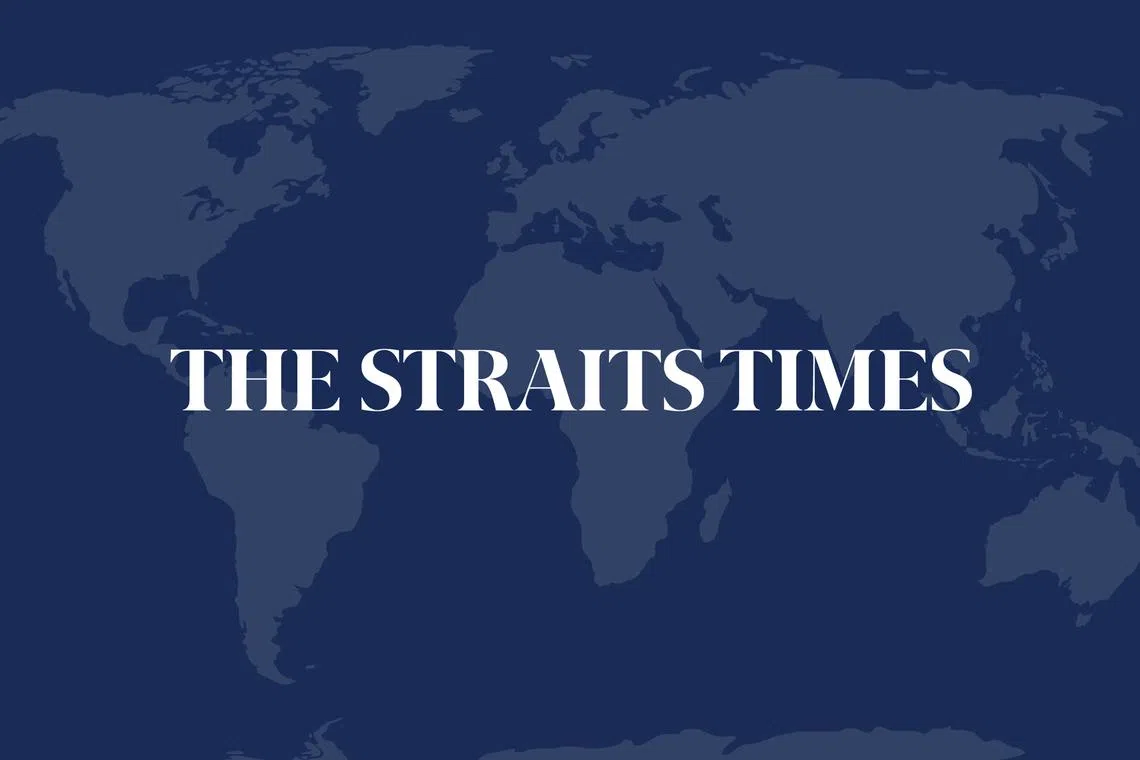Even as Pakistan-Afghanistan relations deteriorated significantly in the last week of December, India’s engagement with the Taliban regime went up several notches.
On January 8, India’s Foreign Secretary Vikram Misri met the Taliban’s acting Foreign Minister Amir Khan Muttaqi in Dubai. This is New Delhi’s highest-ranking outreach to the Taliban regime.
So far, the senior-most Indian official to publicly meet Taliban ministers, including Muttaqi and acting Defense Minister Mohammad Yaqoob, was Joint Secretary J P Singh, a middle-ranking diplomat in the Ministry of External Affairs (MEA).
Foreign Secretary Misri is the senior-most official in the MEA. The Misri-Muttaqi meeting signals India’s heightened engagement with the Taliban regime, although it has officially not recognized the latter yet.
At the Dubai meeting, India agreed to “provide further material support” for health and refugee rehabilitation in Afghanistan. “In addition to ongoing humanitarian assistance programs in Afghanistan,” it “would consider engaging in development projects in the near future,” an MEA statement said. The two sides also agreed to promote the use of Chabahar port in Iran for trade, commercial activities and humanitarian assistance, and to strengthen cooperation in cricket, a hugely popular sport in both countries.
Importantly, the Misri-Muttaqi meeting came amid heightened tensions between Afghanistan and Pakistan.
On December 25, Pakistan carried out aerial strikes on multiple targets in Afghanistan’s Paktika province. Three days later, Taliban forces retaliated by targeting “several points” in Pakistan.
Pakistan has attributed the Tehreek-e-Taliban Pakistan (TTP) resurgence in recent years to the Taliban regime’s hosting of its camps on Afghan soil. It has carried out several airstrikes on what it describes as TTP infrastructure in Afghanistan; the bombardment on December 25 is the third time it has done so. The Taliban regime maintains that the strikes are killing women and children.
On January 6 India commented on the Pakistani military action. “We unequivocally condemn any attack on innocent civilians,” the MEA said in a statement, taking note of “media reports on [Pakistani] airstrikes on Afghan civilians.” “It is an old practice of Pakistan to blame its neighbours for its own internal failures. We have also noted the response of an Afghan spokesperson in this regard,” the MEA said.
In its reaction to the Pakistan airstrikes, the Taliban’s Defense Ministry spokesperson had said: “The Islamic Emirate considers this brutal bombing a violation of international principles and a clear act of aggression.”
According to a Pakistan security analyst who spoke to The Diplomat on condition of anonymity, “the Pakistani-Afghan airstrikes would have been an important topic of discussion” at the Misri-Muttaqi meeting. The meeting happened “less than a fortnight after the Pakistani strikes,” he said, adding that even the MEA statement mentioned that “regional developments” were discussed in Dubai, in addition to “various issues pertaining to [India-Afghanistan] bilateral relations.”
According to an Indian government official who spoke to The Diplomat on condition of anonymity, “security concerns and not geopolitical calculations” are driving India’s growing engagement with the Taliban regime, as anti-India terrorist groups continue to operate from camps in Afghanistan.
These concerns appear to have been discussed at the Misri-Muttaqi meeting. “The Afghan side underlined its sensitivities to India’s security concerns,” the MEA statement said.
When the Taliban returned to power in August 2021, New Delhi pulled out all its diplomats from Afghanistan; its Afghan strategy over the preceding two decades was in tatters and its influence in Kabul was down to zero.
In June 2022, India re-established an official presence in Afghanistan by reopening its mission in Kabul, deploying a “technical team” there and providing humanitarian assistance to Afghanistan. It engaged Taliban officials through talks and training. Meanwhile, Afghan diplomats based in India, who had been appointed by the Ashraf Ghani government, complained that India was making it hard for them to operate here, forcing them to leave the country. In November 2024, with New Delhi’s nod, Taliban-appointed officials took control of Afghan diplomatic missions in Mumbai and Hyderabad.
According to the Pakistani analyst, India’s “courting of the Taliban regime appears to be working.” He pointed to a statement issued by the Taliban’s Ministry of Foreign Affairs hours after the Dubai meeting, which spoke of Muttaqi’s “desire of strengthening political & economic relations with India as a key regional and economic player.”
India’s warming ties with the Taliban regime have drawn criticism. M. Ashraf Haidari, a former Afghan diplomat, described the Indian engagement as “a betrayal of the Afghan people, of democracy, of freedom, of human rights, of Afghan diversity, of Afghan Hindus, of Afghan Sikhs, of Afghan Jewish, of a nation, who endlessly bled for India before 2021.”
Indian officials often use the realism argument to justify India’s engagement with the Taliban. As a former official in the Indian security establishment told The Diplomat in December “India does not have options. It will have to do business with whoever is in power in Afghanistan.” Others are triumphalist. “New Delhi has pulled off a diplomatic triumph by pushing an insecure Islamabad into a corner,” an editorial in Tribune said.
However, it is hard to ignore that India, which takes pride in being the world’s largest democracy, is shaking hands with the Taliban regime, which is not only denying Afghans, especially women and girls, their basic rights but also enforcing its writ with extreme violence.
Its courting of the Taliban will have costs; it is discrediting its image as a democracy. It has also distanced itself from its old allies in the previous regime.
As an editorial in the Indian Express points out: “Winning new friends in Kabul might be smart; but losing old friends is not wise.”
The Taliban is not a reliable partner.

 By The Diplomat | Created at 2025-01-10 14:23:22 | Updated at 2025-01-15 12:32:31
4 days ago
By The Diplomat | Created at 2025-01-10 14:23:22 | Updated at 2025-01-15 12:32:31
4 days ago








